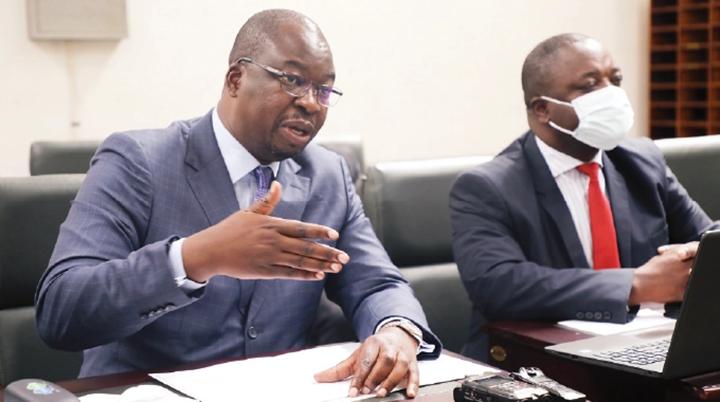News / National
Zimbabwe finance ministry bans foreign trips
2 hrs ago | Views

The Zimbabwean government is tightening its belt in response to a severe cash crunch as it approaches the end of 2024. Finance Secretary George Guvamatanga has announced measures aimed at curbing spending, including the reduction of fuel allocations and a ban on government-funded foreign trips and workshops.
In a letter to all accounting officers dated November 13, Guvamatanga highlighted a significant fiscal imbalance caused by the depreciation of the local currency. The Zimbabwean dollar (ZwG) recently lost 43 percent of its value against the US dollar, exacerbating the mismatch between government revenue and expenses.
"As you may be aware, the local currency unit ZwG recently depreciated by 43 percent against the United States dollar, resulting in a substantial mismatch between revenue inflows, collected in some cases with a one-month lag, and local currency expenditures that immediately adjusted to the new exchange rate," Guvamatanga wrote. "This has severely constrained fiscal space for the last quarter of 2024."
To manage the financial strain, the government will prioritize essential payments, including civil servants' bonuses, food aid, and agricultural support for farmers. However, non-wage expenses for government departments and ministries will face significant cuts.
Effective immediately, only foreign trips funded by sources other than the state will be approved by the Treasury. The Ministry of Finance has also imposed a "deferment of all local workshops" unless they are specifically approved by Treasury in advance.
Fuel allocations for government operations will also be reduced by 50 percent to conserve resources.
The depreciation of the local currency has compounded Zimbabwe's ongoing economic struggles. In late September, Zimbabwe's central bank allowed the Zimbabwe Gold (ZiG) currency to fall by over 40 percent to 24.3902 to the US dollar. The currency has continued to lose value, standing at 25.2842 to the dollar as of Monday.
Launched in April, the ZiG is Zimbabwe's sixth attempt in 15 years to stabilize its currency, but its continued decline reflects the severe challenges the country faces in managing its finances and maintaining economic stability.
In a letter to all accounting officers dated November 13, Guvamatanga highlighted a significant fiscal imbalance caused by the depreciation of the local currency. The Zimbabwean dollar (ZwG) recently lost 43 percent of its value against the US dollar, exacerbating the mismatch between government revenue and expenses.
"As you may be aware, the local currency unit ZwG recently depreciated by 43 percent against the United States dollar, resulting in a substantial mismatch between revenue inflows, collected in some cases with a one-month lag, and local currency expenditures that immediately adjusted to the new exchange rate," Guvamatanga wrote. "This has severely constrained fiscal space for the last quarter of 2024."
To manage the financial strain, the government will prioritize essential payments, including civil servants' bonuses, food aid, and agricultural support for farmers. However, non-wage expenses for government departments and ministries will face significant cuts.
Fuel allocations for government operations will also be reduced by 50 percent to conserve resources.
The depreciation of the local currency has compounded Zimbabwe's ongoing economic struggles. In late September, Zimbabwe's central bank allowed the Zimbabwe Gold (ZiG) currency to fall by over 40 percent to 24.3902 to the US dollar. The currency has continued to lose value, standing at 25.2842 to the dollar as of Monday.
Launched in April, the ZiG is Zimbabwe's sixth attempt in 15 years to stabilize its currency, but its continued decline reflects the severe challenges the country faces in managing its finances and maintaining economic stability.
Source - zimlive































